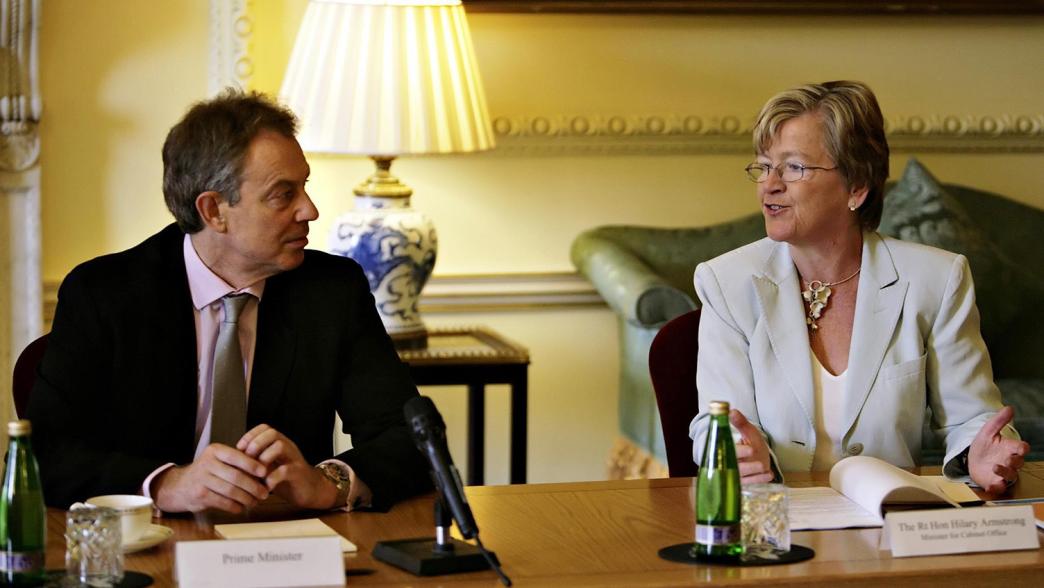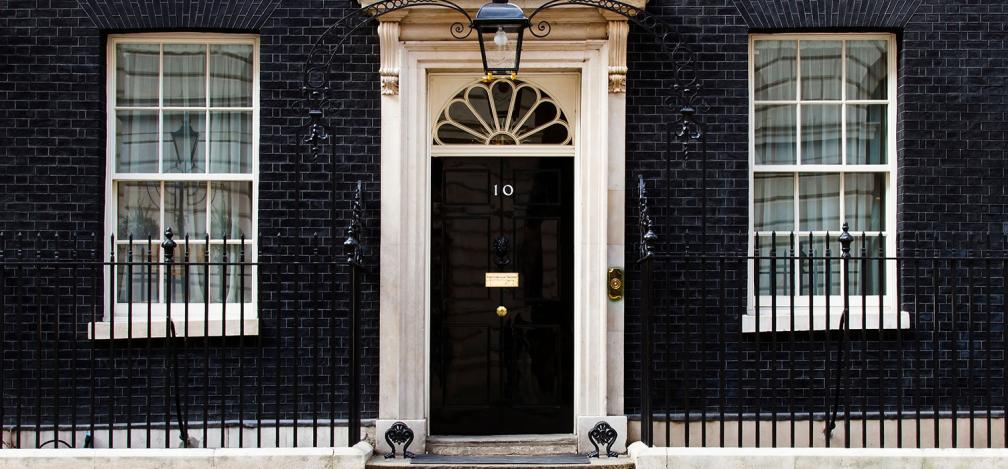Government whipping is about more than the dark arts nowadays
The IfG has spoken to former whips about what the job actually involves.

Look past the rumours of pet tarantulas and tales of whips dragging MPs out of ambulances to vote – Beatrice Barr and Tim Durrant argue that the whips’ reputation for the dark arts blurs the reality
Ministers Reflect
Interviews with former ministers on the realities of the role and how to be effective in government.
Explore the archive